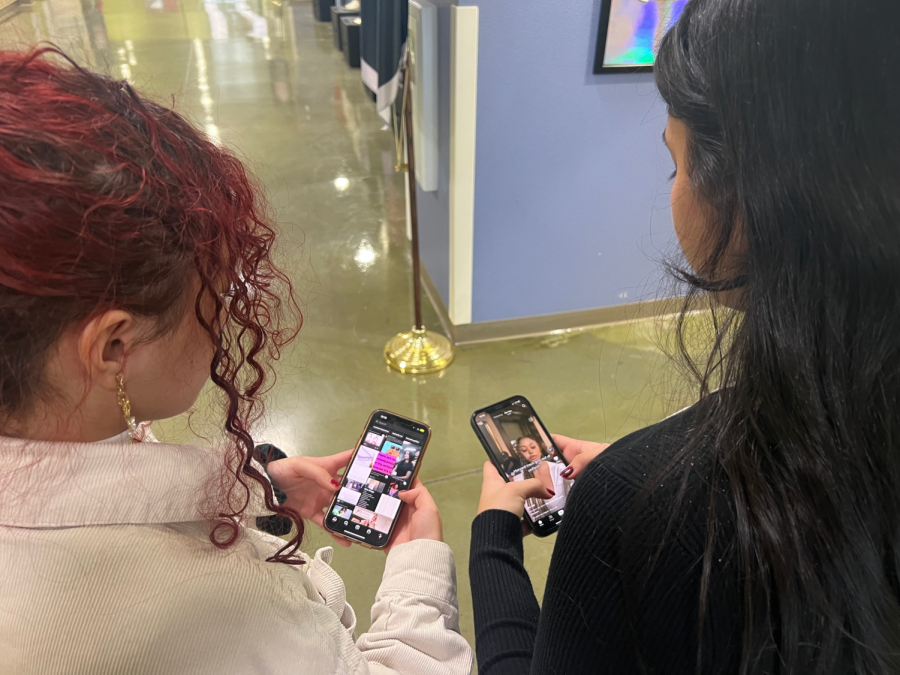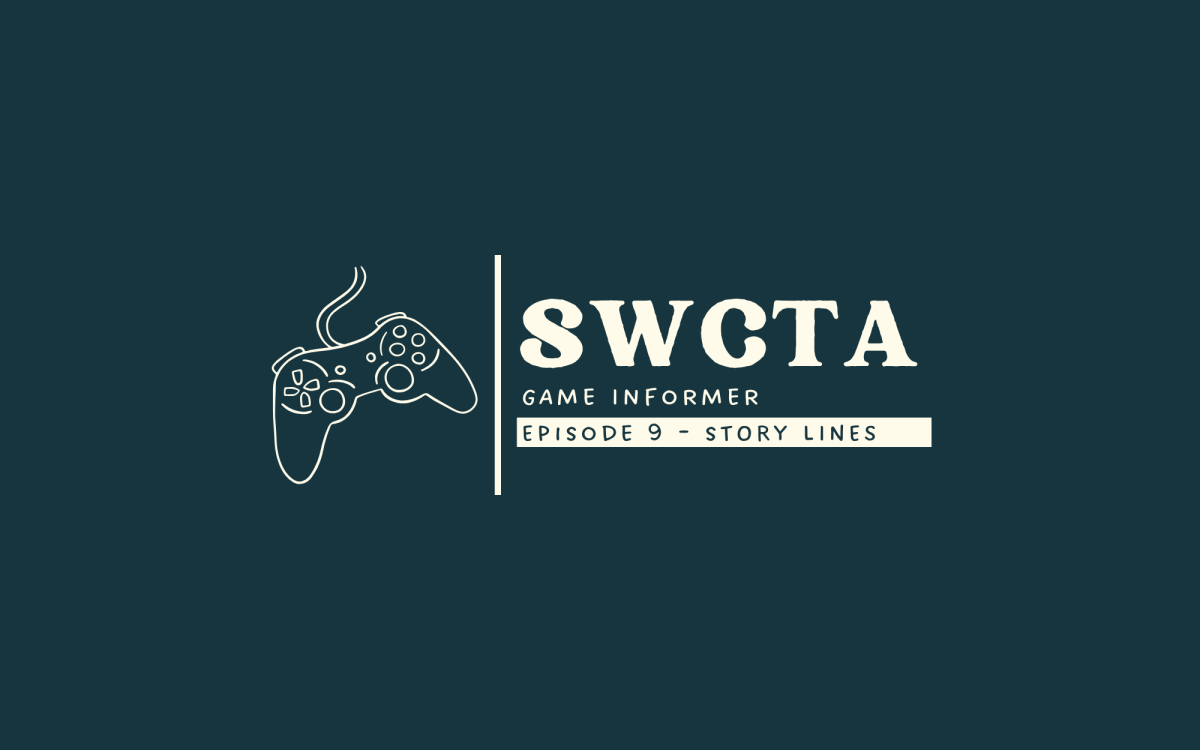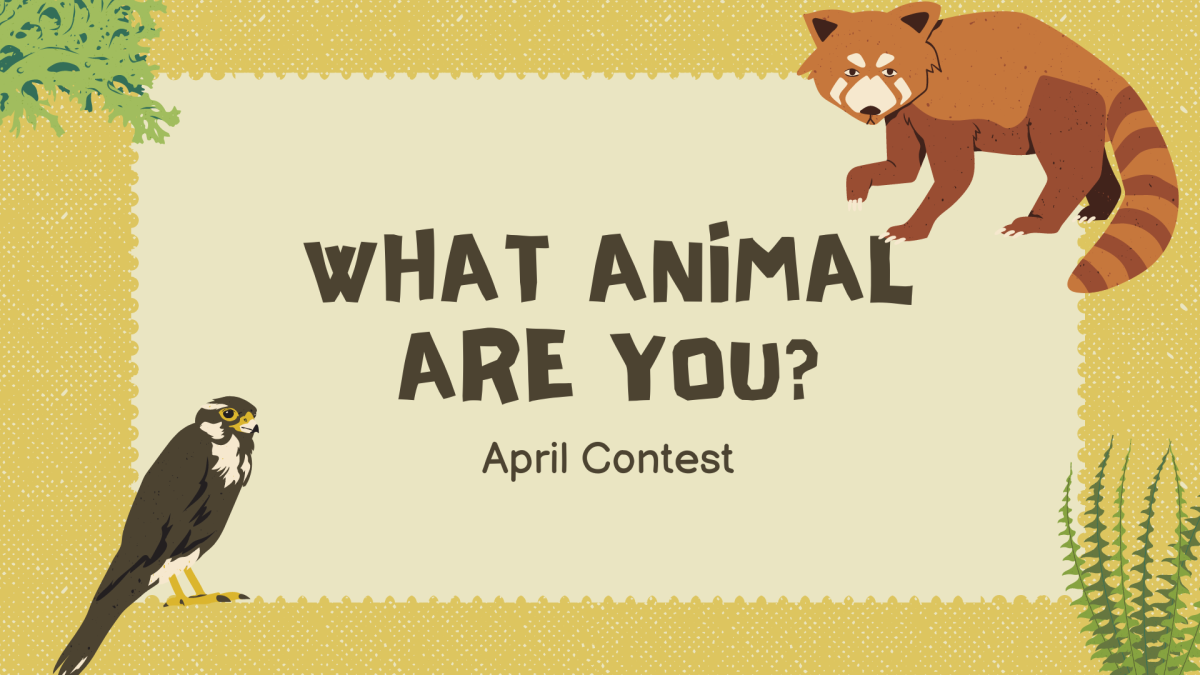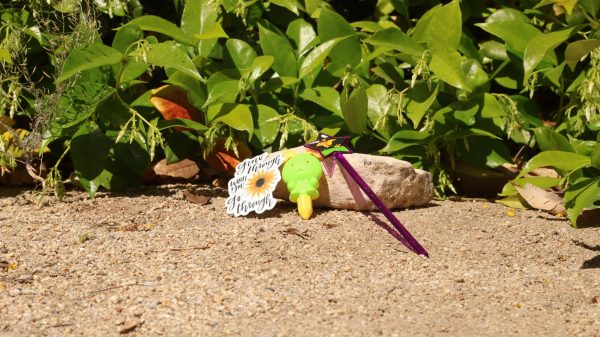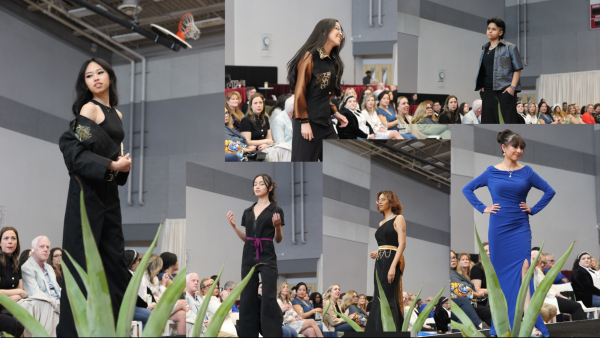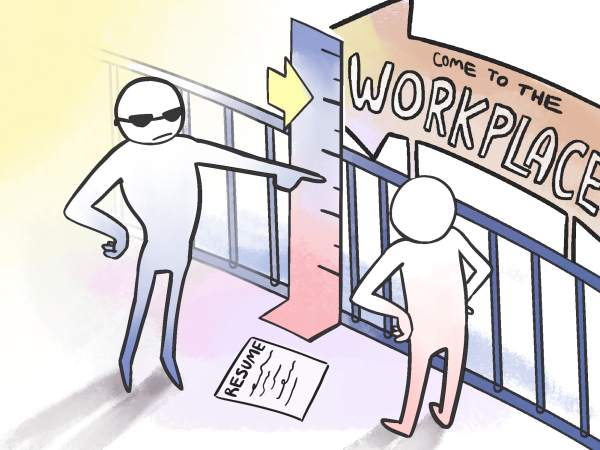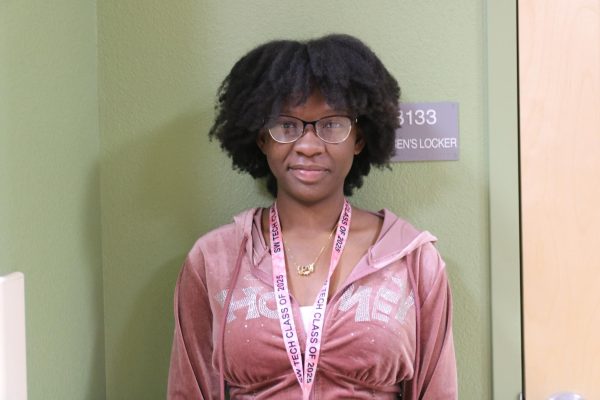Irresponsible Social Media usage continues to scuff teen digital footprints
Digital habits continue to be a learning process for teenagers
With the continued rise of social media, more and more teenagers are logging onto apps like Instagram, Tiktok and Twitter. Despite dealing with all of the problems concerning student social media use, assistant principal Cameron Rohem still has faith in the students. “I think most teenagers are definitely responsible enough,” Roehm said. “There are still exceptions, but I think for the most part that high schoolers or even middle schoolers are at an age where they can be responsible for their actions.”
January 26, 2023
Surveys from the American Academy Child and Adolescent Psychiatry show that 90% of teens between the ages of 13 and 17 have used social media and 75% report that they have an active account on one of the major platforms. The issue with the younger generation logging onto these platforms stems from the speculation that some teenagers may not be responsible enough to have an account and face the consequences that come from it.
USA Today posted a story last month after 20-year-old TikTok star Katie Sigmond received backlash for hitting golf balls into the Grand Canyon. She was charged with three misdemeanor offenses, which will follow her for the rest of her life. After hearing about this situation, assistant principal Cameron Roehm can see similarities about students potentially damaging their digital footprint.
“If a student is posting something about cyberbullying or something that’s racially motivated, those are things that are required by the district for the school to act upon immediately,” Roehm said. “If a student is posting something about self harm then of course the schools are going to get involved to give that student extra support.”
With his knowledge of the severe consequences that can occur with the effects of social media, Roehm encourages students to limit their accounts to positive things about themselves and avoid posting things about other students.
“When you’re a teenager that’s a gray area,” Roehm said. “You want to be very careful because sometimes you’re friends one minute and sometimes you’re not. That just seems to happen in highschool, or even middle school or elementary. So, you want to be careful with posting anything about other students.”
After seeing situations similar to one’s that Roehm mentions, junior Sceian Santos believes that people take advantage of the anonymity that can come from social media and use it for their own enjoyment.
People don’t realize the consequences of their actions in the moment, but they may have to pay the price of what they’ve done later on.
— Imani Varrette
“They post whatever they want probably just for the fun of it and they don’t think of the consequences,” Santos said. “They probably think that if you have an account with a low following then they’re a lot more free to post whatever they want since they think no one’s watching.”
Another effect of the rise of social media is the increase of employers that dive into a potential employee’s social media as part of the interview process. Controversial activity on any form of social media has the possibility of denying someone a position, even if the activity occurred over a decade ago. A similar thing occurred to Alexi McCammond, Teen Vogue editor in chief, who resigned from her position after receiving complaints of racist tweets she posted in high school.
“Her job status became shaky days after Condé Nast named her to the position, when the offensive tweets she had posted as a teenager in 2011 resurfaced,” Katie Robertson said in an article she wrote for The New York Times. “They included comments on the appearance of Asian features, derogatory stereotypes about Asians and slurs for gay people. McCammond had apologized for the tweets in 2019 and deleted them. Screenshots of the tweets were recirculated on social media after her hiring at Teen Vogue was announced on March 5.”
McCammond faced severe consequences for actions that she took part in while she was in high school. Experiencing situations similar to this with people she knows, sophomore Imani Varrette has seen people post recklessly without care throughout her high school career.
“Sometimes things are just funny in the moment and you don’t really think of other’s perspective on the matter,” Verrett said. “They could take it the wrong way despite the way you actually meant it. Something can also be genuinely embarrassing that you might not find [to be] a big deal. People don’t realize the consequences of their actions in the moment, but they may have to pay the price of what they’ve done later on.”
Taking special care into keeping a clean digital footprint himself and avoiding situations like this, freshman Caleb Evans gives advice to fellow students who are looking to do the same.
“I would tell them to not believe everything you see because people will post things that are either non factual or just out of their emotions,” Evans said. “It usually tends to be bits and pieces of the story and not the whole thing. Also, to be mindful of what you’re saying or posting about other people and what you’re posting about yourself.”

